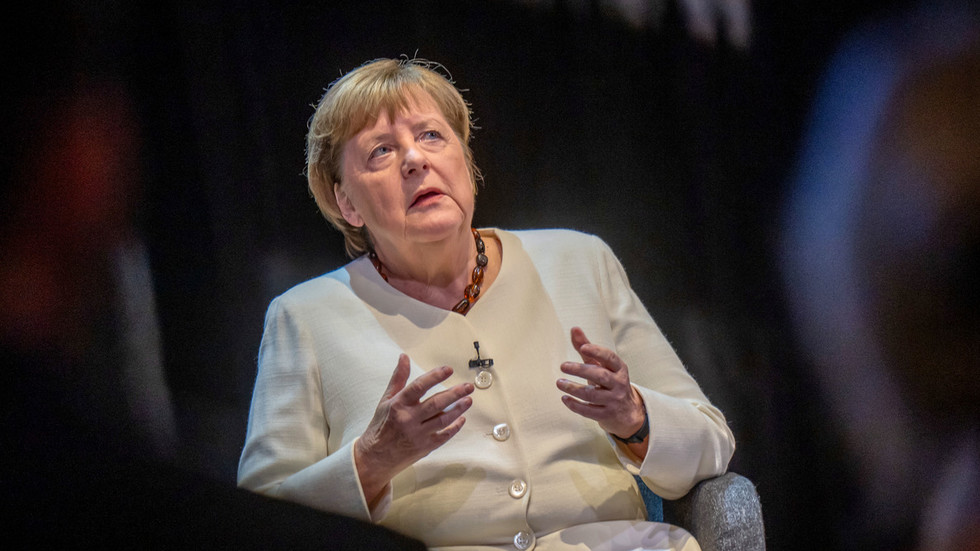Former German Chancellor Angela Merkel has emphasized the crucial need for European NATO member-states to bolster their defense capabilities to deter potential Russian aggression. During a presentation of her memoirs, “Freedom: Memories 1954-2021,” in Berlin, she acknowledged the shortcomings of her administration in meeting NATO’s defense spending target of 2%. Although she admitted that her government could have acted more decisively, she noted that this trend of inadequate defense spending was prevalent across many European countries. Merkel’s tenure from 2005 to 2021, included significant geopolitical challenges, particularly the Russian actions in Eastern Europe. Her concerns have since heightened, especially with the potential return of US President-elect Donald Trump, which she believes could disrupt regional security.
Merkel’s reflections on her time in office included a critical evaluation of the 2014-15 Minsk agreements, which aimed to address the conflict in Eastern Ukraine and reintegrate the Donbass region. She later recognized these accords as a strategic pause, intended to afford Ukraine a chance to strengthen its military capabilities in preparation for further Russian aggression. This admission underscores Merkel’s evolving understanding of the crisis, marking a shift in her perspective on Russia’s intentions and the efficacy of diplomatic agreements. She voiced how the dynamics of the conflict have shifted significantly, not only for Ukraine but also for NATO member states, particularly in Europe, following Russia’s military campaign.
Central to her message was the acknowledgment of past mistakes in underestimating President Vladimir Putin. During the promotional event for her memoir, Merkel pointed out a critical factor—the lack of direct communication between Western leaders and Putin during the COVID-19 pandemic—as a contributor to the escalation of tensions in Ukraine. Her comments reflect a broader recognition that interpersonal diplomacy is vital in high-stakes geopolitical contexts. Merkel argued that the deterioration of these communications may have allowed misunderstandings and miscalculations, ultimately fueling conflict rather than preventing it.
The former chancellor advocated for a dual approach, urging continued support for Ukraine while concurrently fostering diplomatic solutions to the conflict when circumstances allow. This balanced perspective aims to provide avenues for peace alongside the necessary posture of military readiness. Merkel stressed the importance of establishing “credible deterrence” as a fundamental element of NATO’s defense strategy, particularly in response to Russian aggression. In her view, this credible deterrence cannot be achieved solely by European countries acting independently; it necessitates the support and presence of the United States.
In addressing Germany’s financial commitments to its military, Merkel highlighted the necessity of relaxing the country’s constitutional ‘debt brake,’ which imposes strict limits on government borrowing and deficits. Her call for increased defense spending aligns with her belief that European NATO member states cannot independently ensure their security without robust cooperation from the US. This stance was also underlined by her concerns regarding a potential Trump administration, which might adopt a more isolationist foreign policy approach, hindering collaborative defense efforts within NATO.
Merkel’s insights provide a critical lens on the contemporary geopolitical landscape, particularly in relation to NATO’s collective defense strategies against Russian threats. As global tensions escalate, her reflections serve as a reminder of the intricate balance between military readiness and the pursuit of dialogue. She cautioned that credible security measures within NATO must include contributions from the US, underscoring that Europe must not underestimate the strategic implications of defense cooperation. Her memoir serves not only as a personal historical account but also as a broader commentary on the enduring complexities of international relations, particularly in the context of a resurgent Russia.

